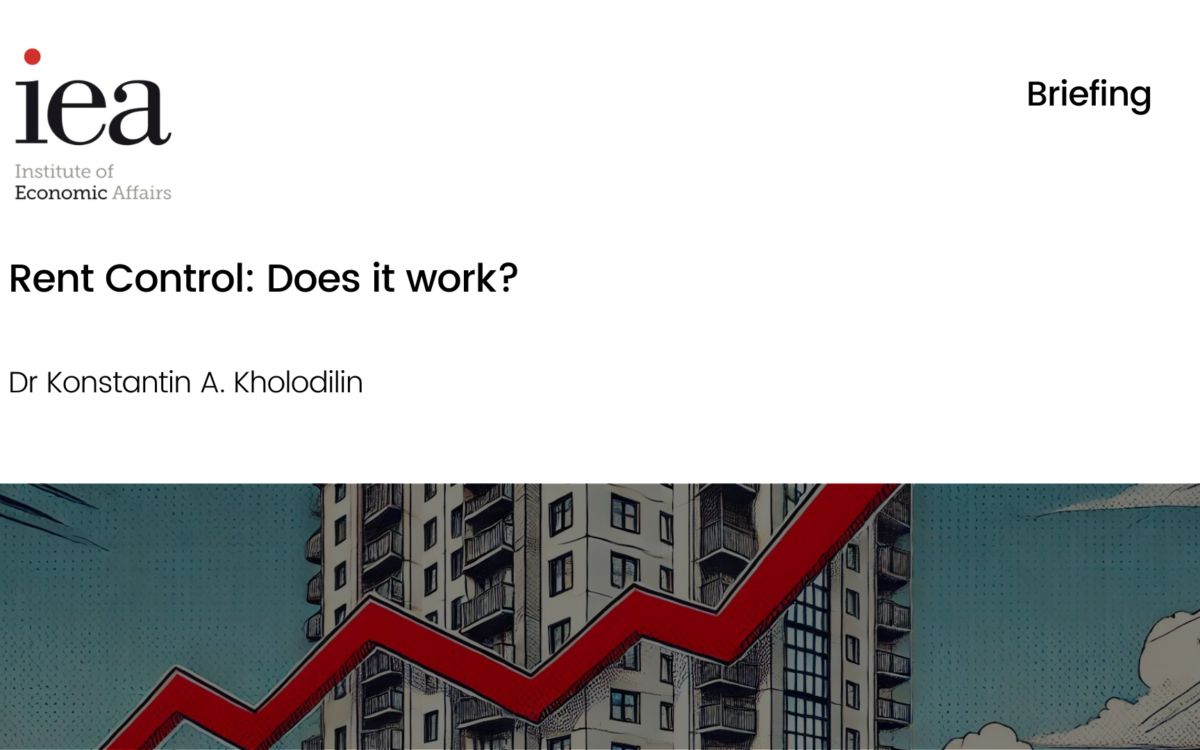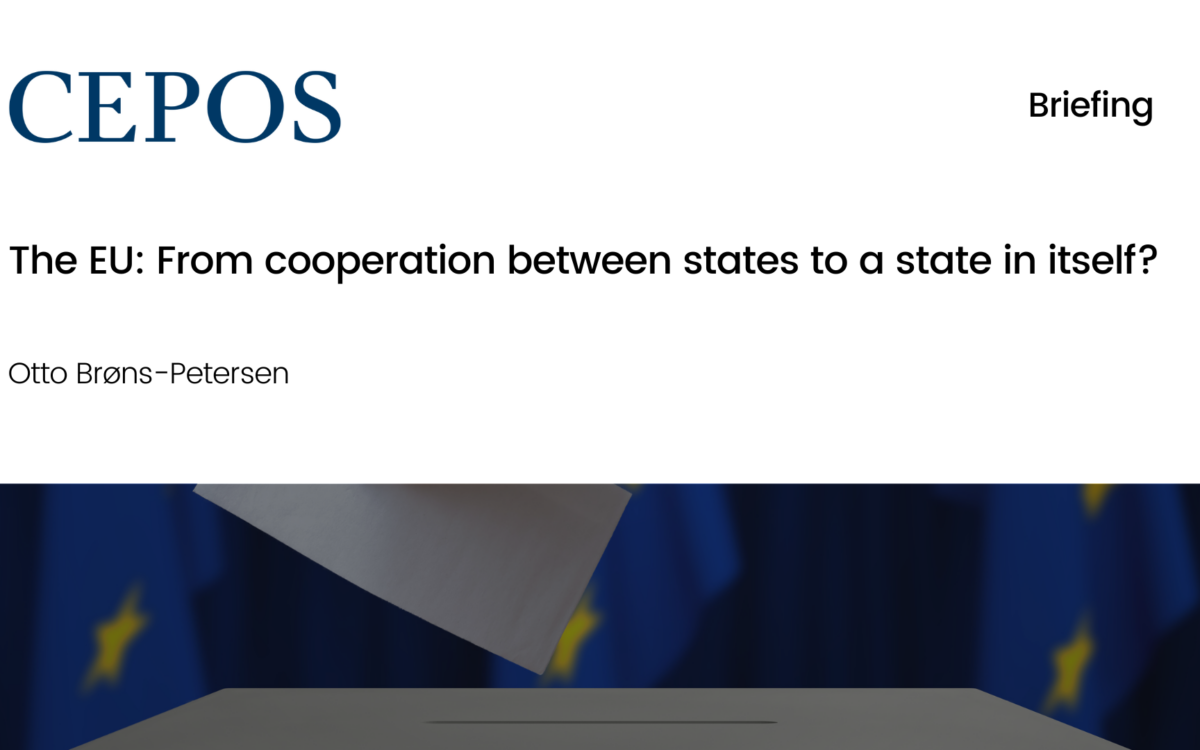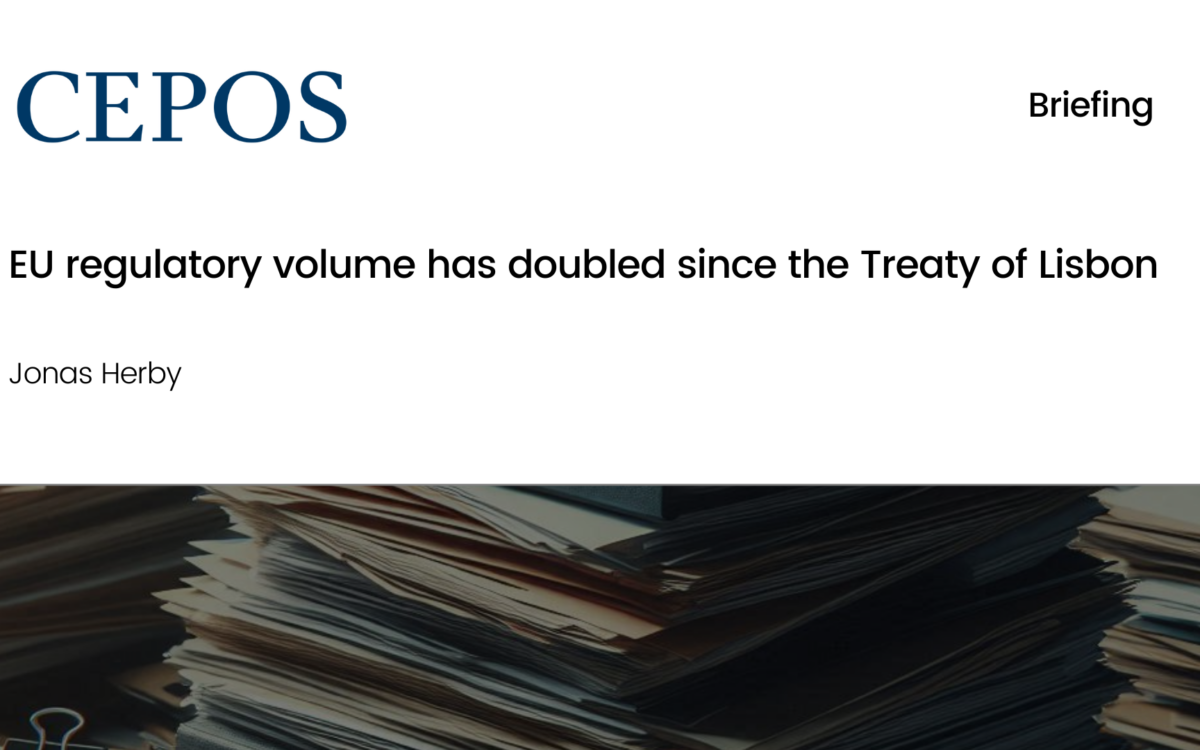High-powered Reforms to EU Energy Policy

High-powered Reforms to EU Energy Policy
February 2017
The achievement of efficient and secure energy supply and a clean environment do not have to be conflicting objectives. However, meeting both goals will require meaningful market-oriented reform of energy policy at the EU level.
Despite successive attempts at liberalisation, national electricity markets remain highly concentrated. Retail prices are still regulated in 13 Member States, preventing supply and demand from being efficiently managed. Resistance to reform comes mainly from the lobbying of national governments by incumbents.
Two measures in particular should be at the heart of EU energy reform: the substitution of myriad emissions reduction schemes and targets, and their substitution by a comprehensive Emissions Trading System; and the phasing-out of renewables subsidies at EU and national levels
Download or share this publication
View the PDF
EPICENTER publications and contributions from our member think tanks are designed to promote the discussion of economic issues and the role of markets in solving economic and social problems. As with all EPICENTER publications, the views expressed here are those of the author and not EPICENTER or its member think tanks (which have no corporate view).



